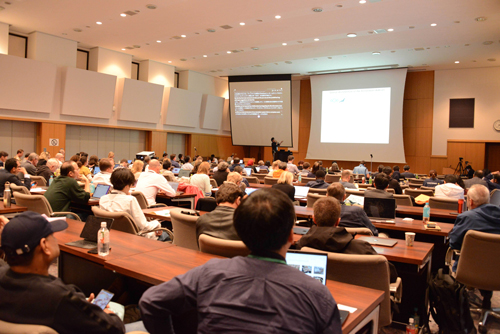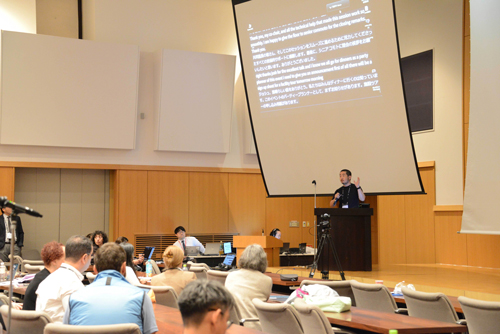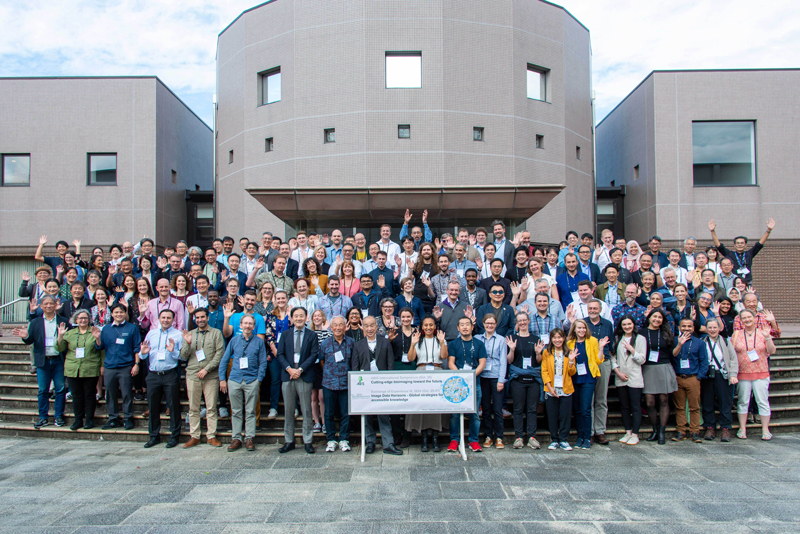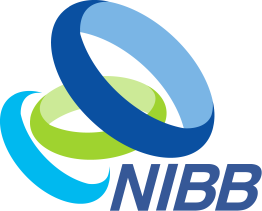
National Institute for Basic Biology

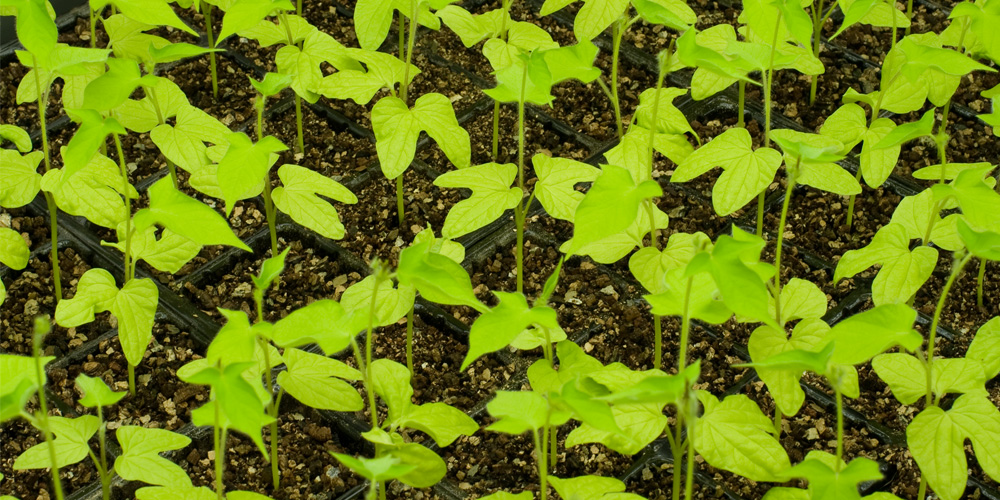


| Venue | Okazaki Conference Center, Okazaki, Japan |
|---|---|
| Date | Oct. 29 - 31, 2024 |
| Link | Official Website (https://globalbioimaging.org/exchange-of-experience/exchange-of-experience-2024) |
【About the conference】
Global BioImaging’s Exchange of Experience 2024 (EoE2024), held in Okazaki, Japan, seamlessly intertwined with two other events: the ABiS Symposium and the first FoundingGIDE community event. This year’s theme, “Image Data Horizons – Global Strategies for Accessible Knowledge,” spurred engaging discussions that extended beyond the sessions into coffee breaks and shared dinners.
The events spotlighted practical applications and tools for image data management. Together, they aimed to tackle challenges and devise strategies for broadening accessibility and inclusivity in bioimaging and biomedical imaging across the globe.
【Report】
Global BioImaging (GBI) is an international consortium dedicated to addressing issues related to bioimaging, including improving educational and technical standards in bioimaging, international standardization of image acquisition and data management with microscopes, and creating career paths for imaging facility staff. The GBI currently consists of a network of 14 countries, including Europe, the United States and Asia, and is rapidly expanding.
EoE2024, held after the ABiS International Symposium with five speakers from Europe and the United States, and Japan as a prologue the day before, was a global conference with 167 participants from 29 countries, providing a good opportunity to demonstrate the presence of ABiS and other bioimaging communities in Japan.
Two major themes of this year's EoE were the sharing and management of image data and the development of bioimaging environments in Asian countries. For the former theme, how to share and use image data as a common resource for scientists, which is directly related to "open science", has been recognized as a global and urgent issue, and this EoE was the first opportunity for imaging researchers and facility managers from different countries to discuss this issue face-to-face. For the latter topic, reports on good examples of bioimaging in Asian countries also provided best practices in the absence of sufficient infrastructure, such as the establishment of a system for sharing pathology data in medical education.
Discussions at the EoE were not limited to microscopy and observation techniques, but also included science policies related to imaging and data management. UNESCO and EuroBioImaging (EBI) spoke about open science strategies and data collection based on F.A.I.R. (Findable, Accessible, Interoperative, Reusable) principles. German BioImaging presented data archiving and mechanisms to promote the use of data with a common data format. The National Institute of Science and Technology Policy (NISTEP) introduced the importance of Persistent Identifier (PID), the assignment of identifiers to digital data.
These discussions were carried over to the meeting of the founding project GIDE (Global Image Data Ecosystem), which took place the day after EoE2024 and aims to establish an infrastructure for the sharing and management of global bioimaging data, where more specific and specialized discussions were held.
Thus, the ABiS International Symposium, EoE2024 and foundingGIDE were successfully concluded as a truly international celebration of bioimaging.
Organizers: Naoto Ueno and Shinya Komoto (Trans-Scale Biology Center, National Institute for Basic Biology)
